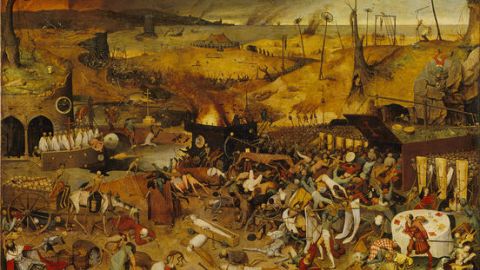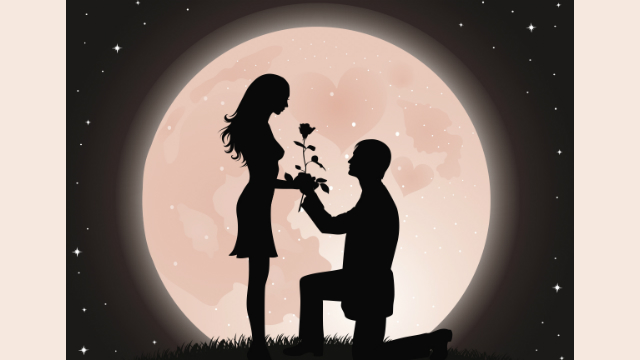The End of War

What’s the Big Idea?
On September 11, 2001, John Horgan saw the smoke where the Twin Towers had once been visible in the New York skyline, and he wondered what he would tell his kids, aged 6 and 8. In 2012, Horgan has a powerful message: his children will live to see a world without war.
Horgan is no wild-eyed optimistic. True, his belief that the end of war is imminent was based on a moral conviction. But Horgan also points to a body of empirical evidence from scientific investigations of warfare. He writes in a new book called The End of War:
Evidence of lethal group violence dates back not to the emergence of the Homo genus millions of years ago, nor to the emergence of our species hundreds of thousands of years ago, but to less than thirteen thousand years ago, shortly before the dawn of civilization.
In other words, war is a cultural, not a biological phenomenon.
Watch the video:
What’s the Significance?
Since science has revealed that war is a recent human invention and not deeply rooted in our nature, Horgan argues “we have no good excuses to keep fighting.” The good news, as scholars like Horgan and Steven Pinker have pointed out, is that war is already on the decline.
Like the drop in crime, many factors have been cited, including, as Horgan lists them, “gender equality, prosperity, globalization (that is, capitalism plus international trade and investment), and the deterrent effects of nuclear weapons.” And yet, none of these explanations are conclusive.
A persuasive, and indeed inspiring, analysis Horgan cites comes from John Mueller, a political scientist at Ohio State University, who argues that “as people gain more power over their own destiny, they seem to be choosing peace over war and prodding their leaders to do the same.” In other words, the choice is ours, and as Horgan writes, “we are apparently already making that choice.”
Image courtesy of Shutterstock.
Follow Daniel Honan on Twitter: @DanielHonan





